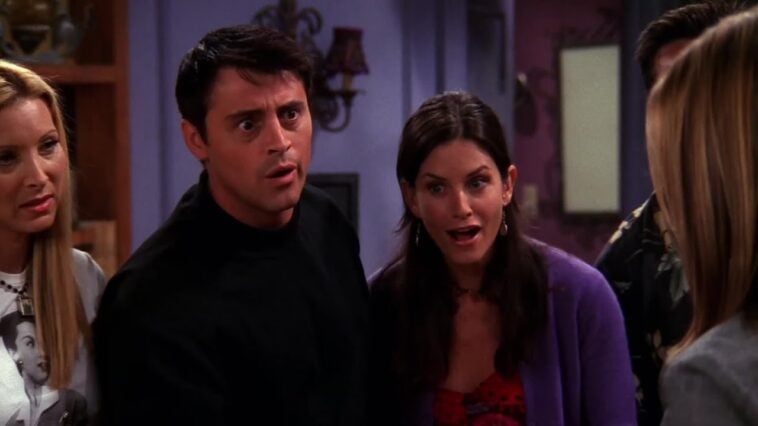Clicking on a classic ’90s sitcom in your streaming queue can feel like activating a time machine. Suddenly, you’re back in a world of laugh tracks, dial-up modems, and impossibly large apartments. It’s a comforting trip, one powered by a thick, cozy blanket of nostalgia.
But here’s the thing about nostalgia: it can sometimes be a terrible liar.
As the episodes play on, that cozy blanket starts to feel… well, pretty scratchy. Jokes that were once considered edgy now land with a thud. Storylines that seemed harmless are suddenly a minefield of HR violations. Let’s be real, some of those old favorites have aged about as well as a floppy disk.
This isn’t to say these shows were flawed from the start. Context is everything. They were products of their time, and within that framework, they made perfect sense to a mass audience. The problem is that the cultural landscape has shifted so dramatically that watching them today can feel like trying to fit a square peg in a round hole—a collision between our fond memories and our modern sensibilities.
To that effect, here are 10 ’90s sitcoms that, for better or worse, are cringey time capsules we can’t help but re-examine.
10. Mad About You (1992-1999)
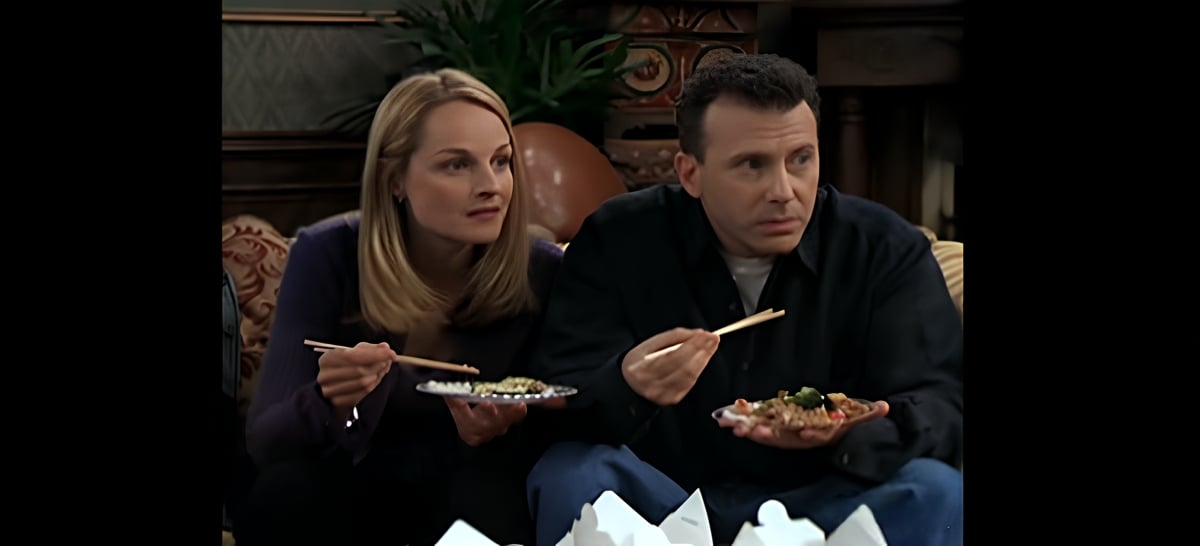
Why We Loved It: Paul and Jamie Buchman were the quintessential ‘90s New York yuppie couple. Their witty banter and observational humor about the minutiae of marriage felt smart, sophisticated, and relatable to a certain urban demographic.
Why It Aged Terribly: The show’s “problems” are so incredibly low-stakes and steeped in ’90s privilege that they’re almost parody now. Entire episodes revolve around finding the perfect sofa, navigating a video store, or dealing with an unreliable answering machine.
While the central relationship is sweet, the world it exists in feels incredibly insular and whiny. In an era of genuine economic and social anxiety, watching two well-off people endlessly navel-gaze about minor inconveniences feels less like comedy and more like a relic of a bygone bubble.
9. Dharma & Greg (1997-2002)
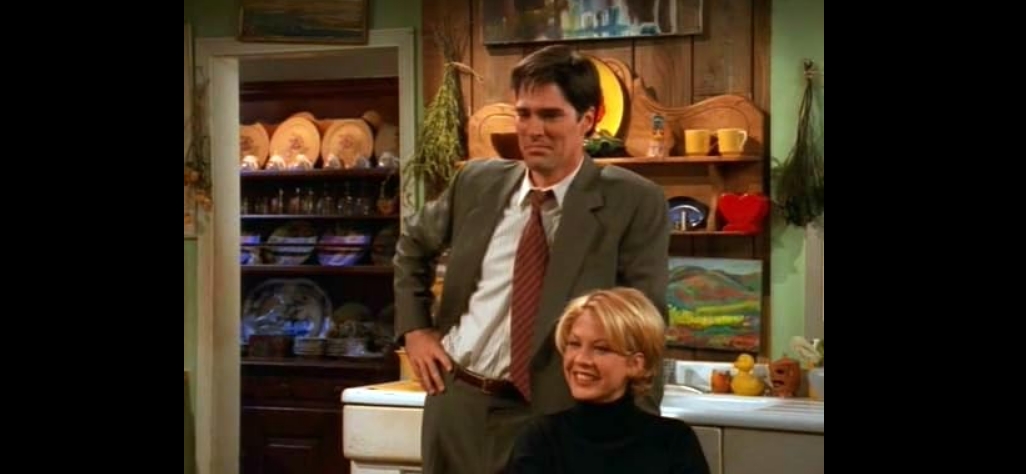
Why We Loved It: The “opposites attract” premise was executed with charm. The free-spirited, yoga-loving Dharma and the stuffy, blue-blooded prosecutor Greg were an adorable odd couple, and their clashing families provided endless comic friction.
Why It Aged Terribly: The entire show is built on the laziest stereotypes imaginable. Dharma isn’t just a free spirit; she’s a walking cartoon of every “hippie” cliché. Greg’s parents aren’t just conservative; they’re one-dimensional caricatures of wealthy WASPs who clutch their pearls at every turn.
The humor rarely evolves beyond “Look at how wacky the hippies are!” or “Look at how uptight the rich people are!” What felt like a fun culture clash in 1997 now feels like a sitcom written by an algorithm, completely devoid of nuance.
8. Wings (1990-1997)
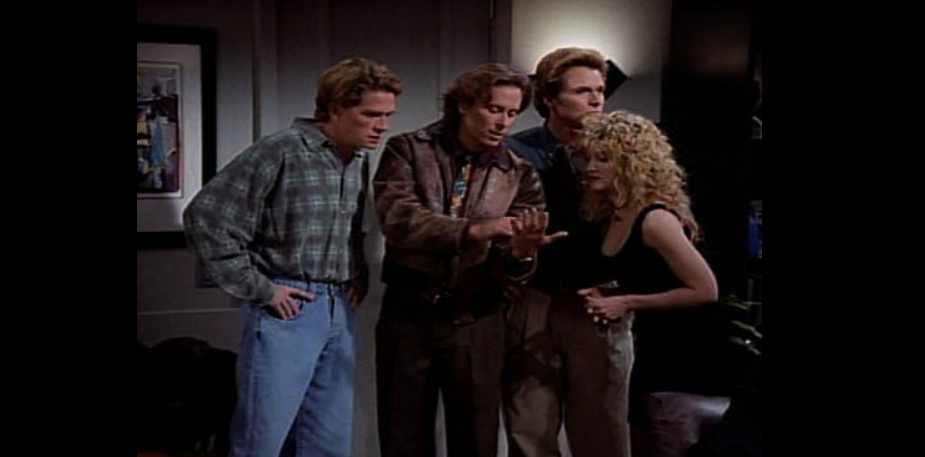
Why We Loved It: From the producers of Cheers, Wings was the ultimate “hangout” sitcom. Set in a small Nantucket airport, it had a cast of quirky, lovable characters, from the serious Joe Hackett to his goofy brother Brian and the salt-of-the-earth mechanic, Lowell.
Why It Aged Terribly: Two words: casual sexism. The way Brian and Antonio talk about women is a constant stream of objectification and pickup artist-style scheming that would get them booted from any workplace today. Helen’s character, while strong, is often reduced to being the target of their advances or the “sensible girl” who has to put up with their nonsense. And Lowell, while hilarious at the time, is a one-note “lovable idiot” character that feels painfully simplistic by modern standards.
7. Suddenly Susan (1996-2000)
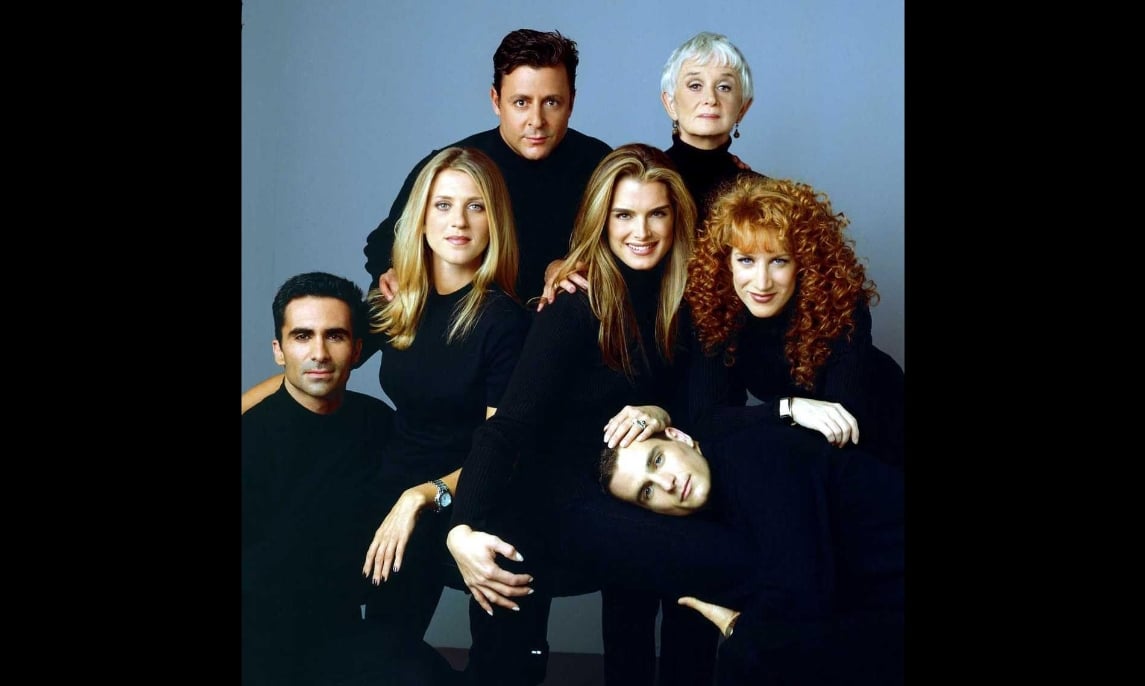
Why We Loved It: Brooke Shields leading her own sitcom was a big deal. The premise of a woman leaving her fiancé at the altar to start a new life and career at a San Francisco magazine felt empowering and fresh.
Why It Aged Terribly: For a show supposedly about female independence, Susan is often portrayed as clumsy, naive, and in constant need of rescue by her male colleagues. The workplace humor is a grab-bag of ’90s tropes that haven’t survived, especially the lecherous boss (Judd Nelson’s Jack) and the endless stream of jokes at the expense of others. The show’s “feminist” message was often just window dressing for standard rom-com plots.
6. Just Shoot Me! (1997-2003)
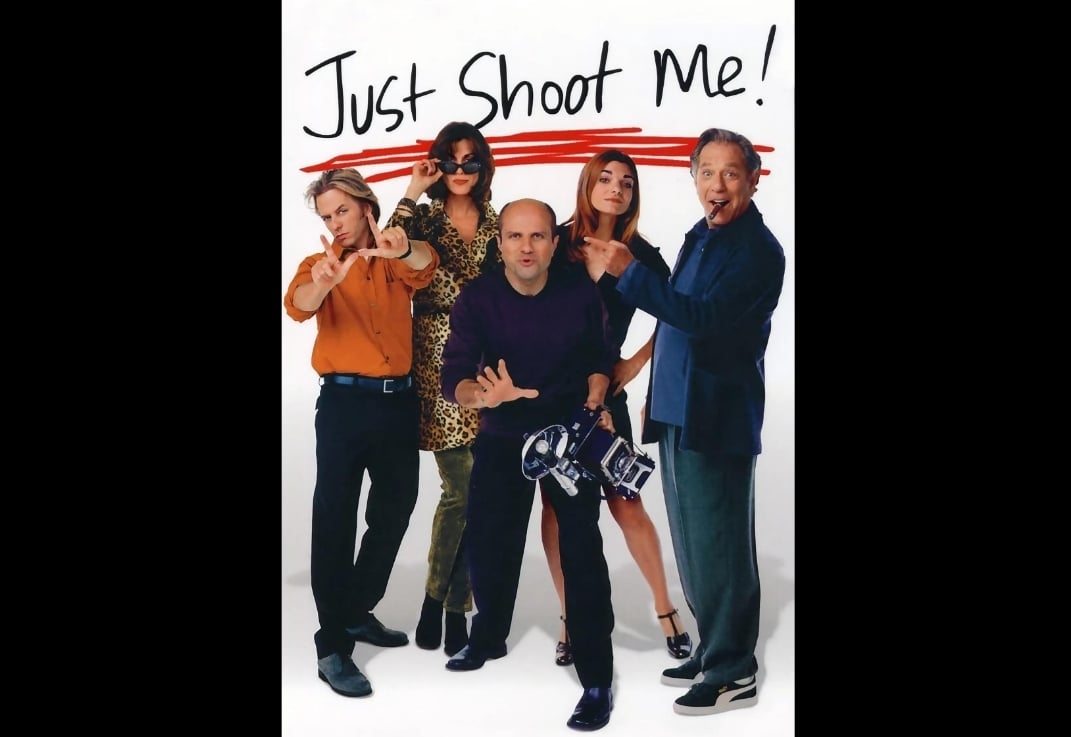
Why We Loved It: A sharp, witty workplace comedy with a killer cast. Set at the fashion magazine Blush, the dynamic between David Spade’s snarky Dennis Finch, George Segal’s oblivious Jack Gallo, and Wendie Malick’s narcissistic Nina Van Horn was pure gold.
Why It Aged Terribly: Yikes. The entire character of Dennis Finch is a walking HR nightmare. His constant, unapologetic sexual harassment of the models and his coworker, Maya, is played entirely for laughs. Beyond Finch, the show is rife with jokes about eating disorders, body shaming, and a level of workplace toxicity that is simply staggering to watch today. It’s a masterclass in “punching down” humor that society has, thankfully, started to leave behind.
5. Married… with Children (1987-1997)
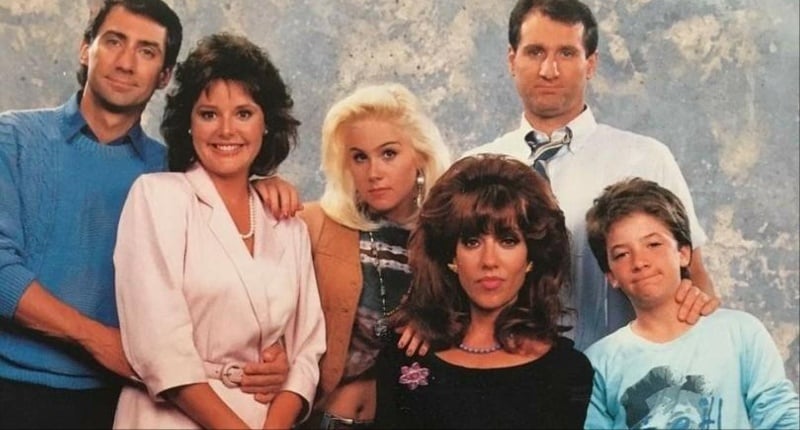
Why We Loved It: It was the ultimate anti-sitcom. In an era of wholesome shows like The Cosby Show and Family Ties, the Bundy family was a blast of cynical, crass, and refreshingly honest dysfunction. Al Bundy was the patron saint of the miserable working man.
Why It Aged Terribly: While it was always controversial, the show’s humor feels less like edgy satire and more like lazy cruelty in 2025. The relentless misogyny—from Al’s fat-phobic jokes about his customers to the general portrayal of women as either nagging shrews or bimbos—is exhausting. The show had one joke: “Haha, marriage and family are miserable,” and it hammered that joke home with mean-spirited glee for 11 seasons.
4. Grace Under Fire (1993-1998)
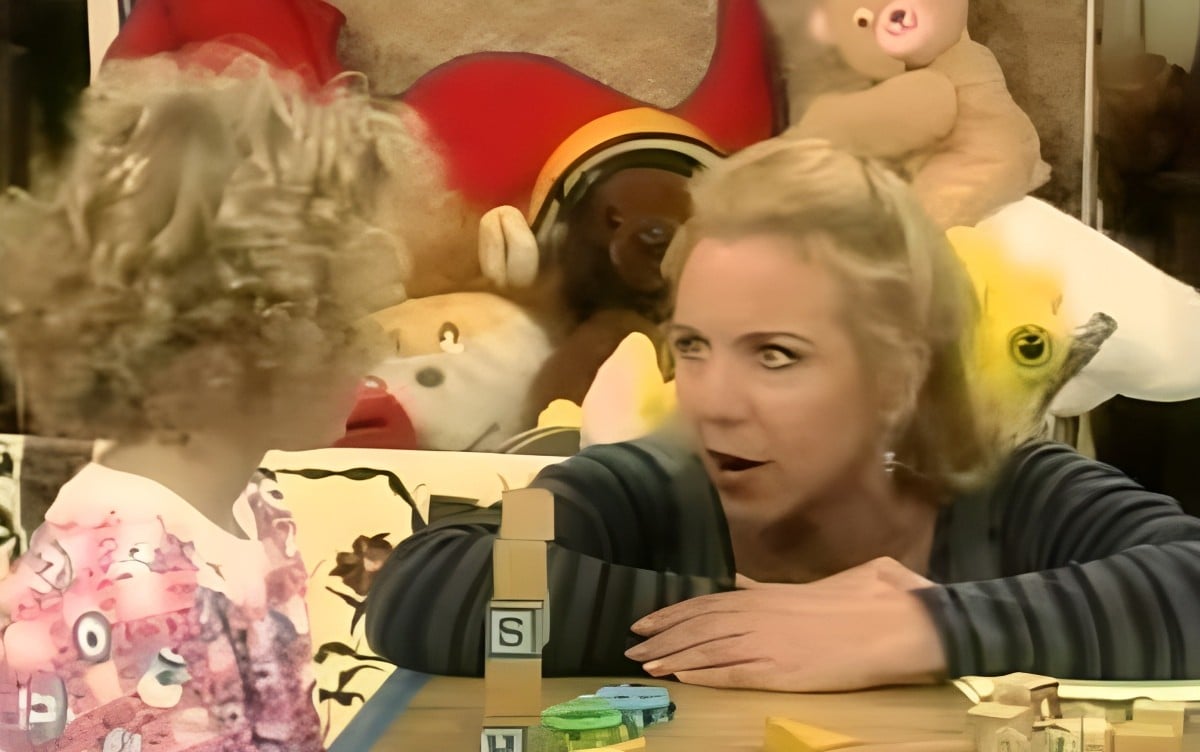
Why We Loved It: Brett Butler’s portrayal of Grace Kelly, a sharp-witted single mom and recovering alcoholic working at an oil refinery, was groundbreaking. It was a blue-collar sitcom that tackled serious issues with a cynical, Southern wit.
Why It Aged Terribly: The show leaned heavily on “white trash” and “hick” stereotypes for its laughs. While Grace was a complex character, many of the supporting cast and situations were drawn from a well of classist clichés. Jokes about trailer parks, bad teeth, and redneck behavior that felt authentic at the time can now come across as condescending and mean. It tried to celebrate its working-class roots but often ended up mocking them.
3. Home Improvement (1991-1999)
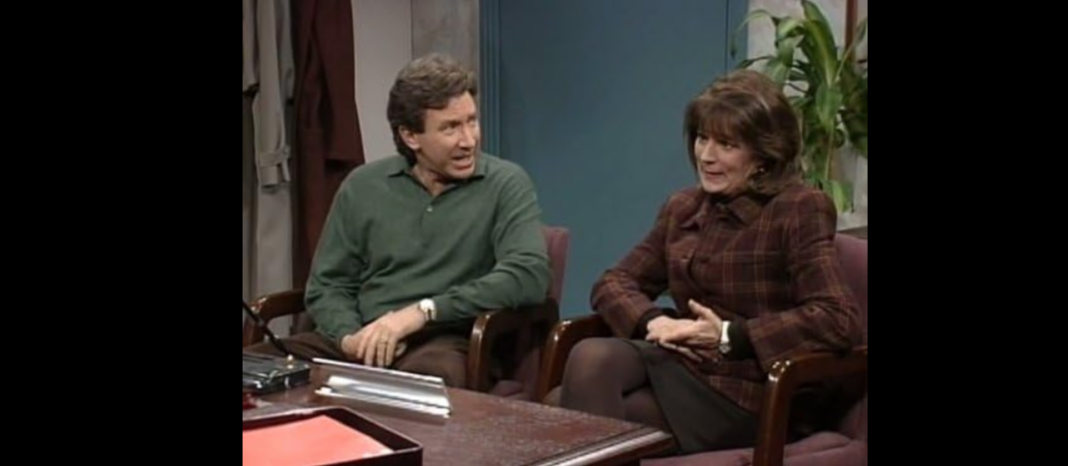
Why We Loved It: Tim “The Tool Man” Taylor was the definitive ’90s dad. His obsession with “More Power!”, his grunting, and his well-meaning but disastrous attempts at fixing things were hilarious. The dynamic with his wise wife, Jill, and enigmatic neighbor Wilson was sitcom perfection.
Why It Aged Terribly: The gender dynamics are prehistoric. The entire premise is “Bumbling caveman husband can’t do anything right, hyper-competent and long-suffering wife has to clean up his messes.” Jill’s legitimate frustrations and career ambitions are consistently treated as the setup for Tim’s next joke or screw-up.
It relentlessly reinforces the idea that men are inept at emotions and household tasks, while women are the designated adults. It’s a charming show, but its view of marriage feels less like a throwback to the 1950s and more like a relic of the “Men Are from Mars, Women Are from Venus” era.
2. Two Guys, a Girl and a Pizza Place (1998-2001)
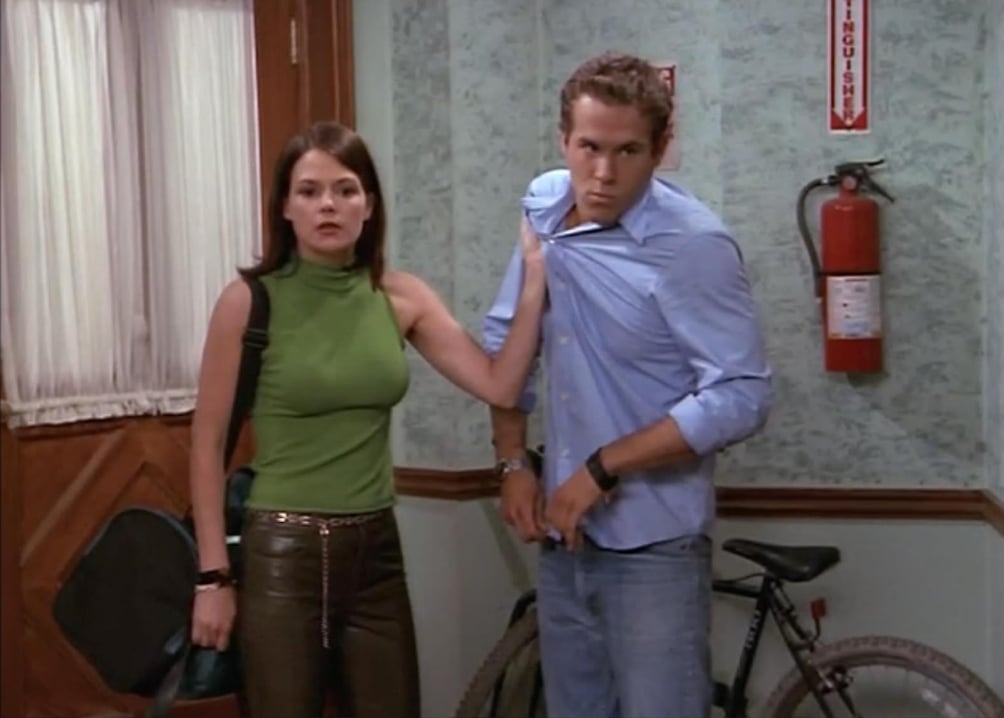
Why We Loved It: It was a fun, breezy sitcom about post-college life that helped launch the career of a little-known actor named Ryan Reynolds. The chemistry between the three leads—Ryan Reynolds, Richard Ruccolo, and Traylor Howard—was undeniable.
Why It Aged Terribly: Let’s talk about Reynolds’ character, Berg. He was the classic “lovable cad,” but watching it now, his behavior is often just… creepy. His relentless pursuit of women, his disregard for boundaries, and his manipulative schemes are played off as charming quirks. In a post-#MeToo world, the “charming predator” archetype just doesn’t fly, and much of Berg’s behavior reads less like a romantic goofball and more like a guy with a restraining order in his future.
1. Friends (1994-2004)

Why We Loved It: Do we even need to explain? It was *the* pop culture phenomenon of the decade. Six attractive, funny people navigating life, work, and love in New York City. It’s the ultimate comfort-food TV.
Why It Aged Terribly: Could this show be any more problematic on a re-watch? Let’s count the ways. The casual homophobia is relentless, from Ross’s panic over his son playing with a Barbie to the entire, cringey handling of Chandler’s transgender parent (who is exclusively misgendered and used as a punchline).
Then there’s the fat-shaming, with “Fat Monica” being a source of endless, cheap laughs. And, of course, the show takes place in one of the most diverse cities in the world, yet you could count the number of non-white characters with speaking roles on one hand. It remains a beloved classic, but it’s one that now comes with a very long list of uncomfortable asterisks.

